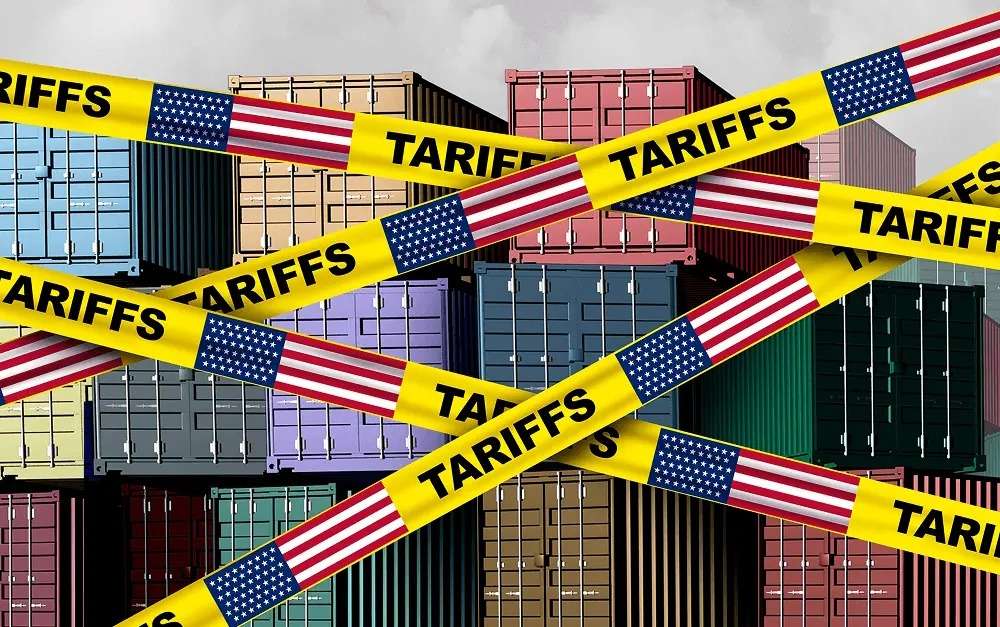
April 7, 2025 | New Delhi – As global trade tensions escalate, particularly between major economies like the United States and China, India finds itself at a crucial crossroads. With new tariffs being introduced by several countries in response to geopolitical shifts, India’s export-driven sectors and overall trade balance are beginning to feel the heat.
Recently, the United States imposed higher tariffs on a range of imports, including steel, aluminum, and some electronics. Though India was not directly targeted, the ripple effects are beginning to show. Indian exporters, especially in textiles, pharmaceuticals, and automotive parts, now face higher competition and reduced demand in Western markets. This comes at a time when India is working hard to position itself as a manufacturing hub under the “Make in India” initiative.
According to the Ministry of Commerce, India’s exports dipped by 3.4% in the last quarter, with engineering goods and chemical products facing the brunt. Industry experts warn that if the current global tariff trend continues, India’s annual export growth could slow down significantly in 2025.
On the flip side, there’s a silver lining. Some multinational companies looking to diversify supply chains away from China are turning to India. Sectors such as electronics assembly, mobile manufacturing, and renewable energy components have seen a surge in foreign direct investment. However, the gains are uneven and largely concentrated in a few states with better infrastructure.
Moreover, rising tariffs globally could also lead to increased import costs for essential goods such as crude oil, semiconductor chips, and specialized machinery. This puts additional pressure on the Indian rupee and could lead to inflationary trends, making everyday goods costlier for Indian consumers.
The Indian government is closely monitoring the situation. In a recent statement, Commerce Minister Piyush Goyal said, “India remains committed to free and fair trade. We are exploring new trade agreements with the EU, UK, and African nations to widen our export markets and reduce dependence on any single region.”
As global economic uncertainty continues, India’s resilience will depend on its ability to adapt quickly, diversify trade partners, and strengthen its domestic manufacturing capabilities.


